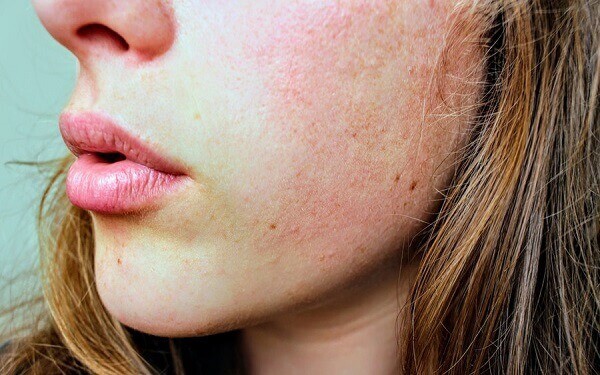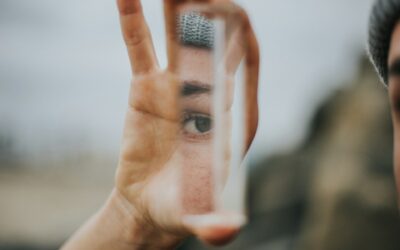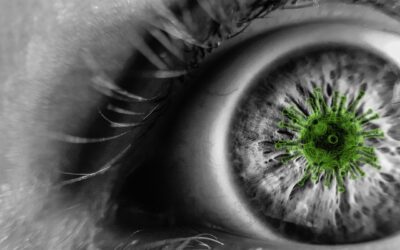Acne rosacea is a condition in which the skin on your face looks red or flushed chronically, often being worse during episodes of a flare-up. This can also be associated with acne in various regions of the face as well as have effects on the eyes. When rosacea affects the eyes, it is referred to as ocular rosacea. Below is a quick summary of the causes, symptoms, and treatment for ocular rosacea.
The Cause of Ocular Rosacea
At this time, it is uncertain exactly what causes rosacea. It is hypothesized that it may be genetic or due to something in the environment. There have been speculations that it may be caused by a bacteria known as Helicobacter pylori, the same organism that is responsible for infections along the digestive tract. This bacteria could be blocking the glands on the face, thus making the skin swollen and red. The redness could also be due to swelling of the blood vessels. Women are more likely than men to have rosacea.
Flare-ups of rosacea have different causes and can vary for each person. Some triggers include sun, wind, or cold exposure, very active exercise, alcohol, spicy foods, or stress.
Ocular Rosacea: Signs and Symptoms
Ocular rosacea is associated with red, gritty eyes or a burning sensation. It may feel like something is stuck in the eye and causing the eyes to water. Individuals may also find that their eyelids are swollen and red and their oil glands, located within the eyelids, get clogged. This is referred to as Meibomian gland disease and can lead to recurrent development of lumps growing on the inside of the eyelid. Demodex blepharitis is also more common in patients with ocular rosacea, referring to an inflammation of the eyelid caused by mites that live at the base of the lashes. Demodex is associated with crusty dandruff at the base of the lashes.
Ocular Rosacea Treatment Options
At this time, there is no cure for rosacea, though there are many ways to treat the symptoms. Often the first step is to avoid the triggers that can cause flare-ups.
In order to reduce the redness and swelling, our optometrist may prescribe a steroid eye drop. Antibiotics, taken either orally or topically, can be used to treat ocular infections as well as artificial tears to keep the eyes moist. It is often advised that individuals do not use eye drops meant for reducing the look of bloodshot eyes as this can make the rosacea worse and lead to a rebound effect of more red eyes after discontinuation. Eyelid hygiene will also need to be improved with the use of lid scrubs and hot compresses. In cases where the individual also has Demodex blepharitis, tea tree oil will need to be used.





